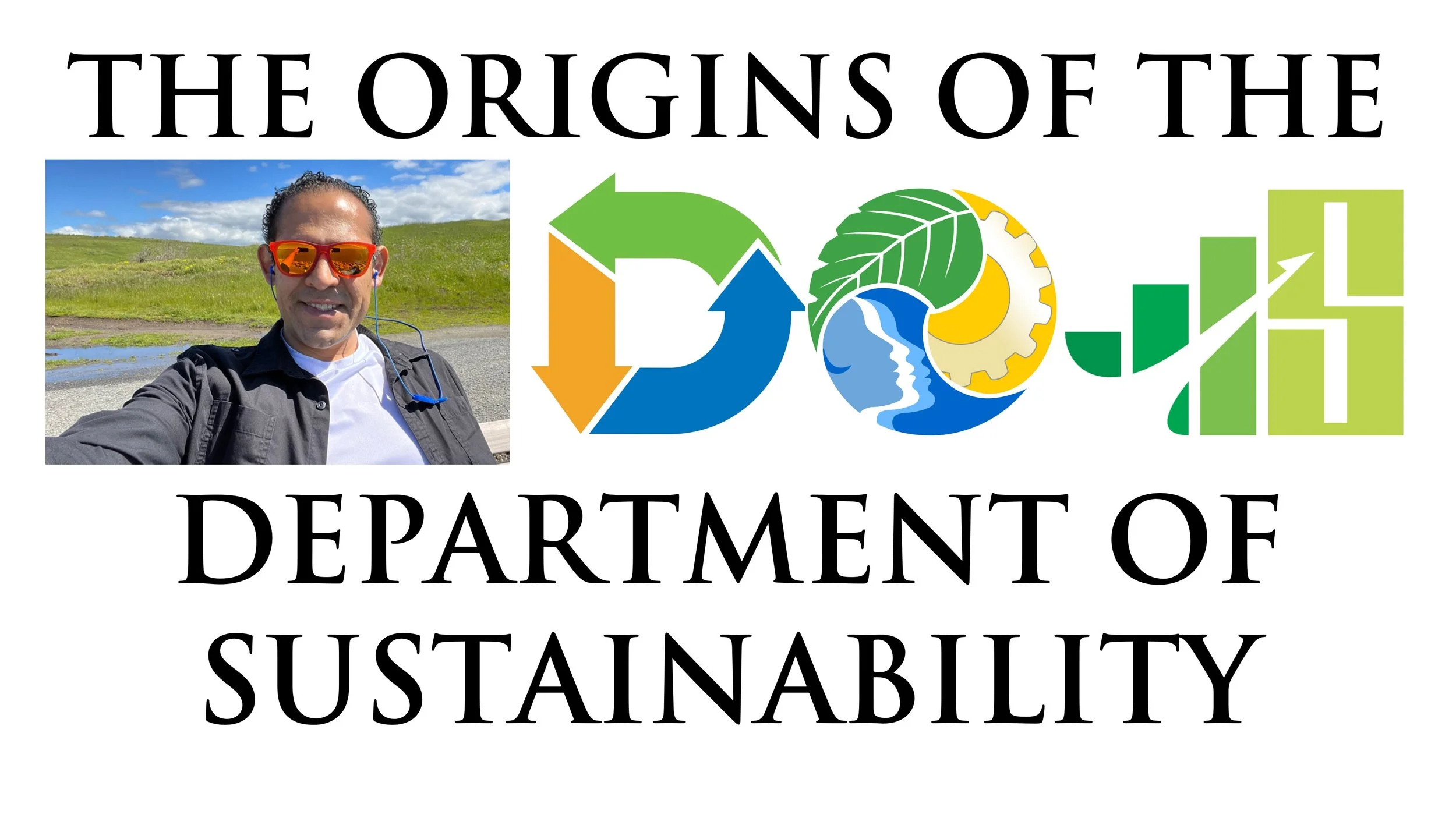What is the crux of the book’s argument?
This book is a combination of genres to introduce Rommell’s ideological platform. It begins as a standard personal political memoir that weaves in state and national issues which impact Rommell’s professional transformation into politics and define his perspective on issues. Similar to how Obama introduces his political origins in A Promised Land or Michelle Obama does in Becoming. It then transitions to explain the political-economic market underpinnings for how a sustainability information measurement market created by establishing a new government agency, a Department of Sustainability, could induce more rapid climate adaptation. That portion is like how Meltdown: The Financial Crisis, Consumer Protection, and the Road Forward by Kirsch et al approaches another new agency-focused political regulatory solution.
The book’s political economic analysis style is like Bill Clinton’s Back to Work. Timothy A Wise’s book Eating Tomorrow explains the political economic impositions to a more sustainable food system that his political platform intends to tackle. This book introduces a data-centric approach to surmounting the industrial interests that hold back greater sustainability within our agricultural and food system. By innovating upon triple bottom line measurement created via data science an index can compare individual companies within an industry similar to what is being attempted in private by GreenBrownBlue, however directed at the entire supply chain. The approach would use data collection and analysis tactics from an agricultural operations research and management machine learning approach similar to that of Chandrasekar Vuppalapati, Bhatnagar et al., and Reddy et al. It is a high-level easy to read survey of relevant climate change science, organic cultivation economic research, national legislation, under-served organic market opportunities, and the industry dynamics that explain Rommell’s focus on agriculture for his political platform.
The latter portion is a solutions focused approach to agriculture like The Heat Will Kill You First: Life and Death on a Scorched Planet by Jeff Goodell or Bill Gates’s How to Avoid a Climate Disaster: The Solutions We Have and the Breakthroughs We Need.
This book combines topical political, economic, business themes: personal transformation, personal disability, personal memoir, data science applications, agricultural production systems, climate science, economic policy, and public policy.
As I had studied in my undergraduate education, Adam Smith famously wrote the Wealth of Nations to describe the underpinnings of classic political economics that define capitalism as a compendium of contemporary knowledge, industrial production practices, and theory. This is the modern-day version that also serves as my debut into politics.

